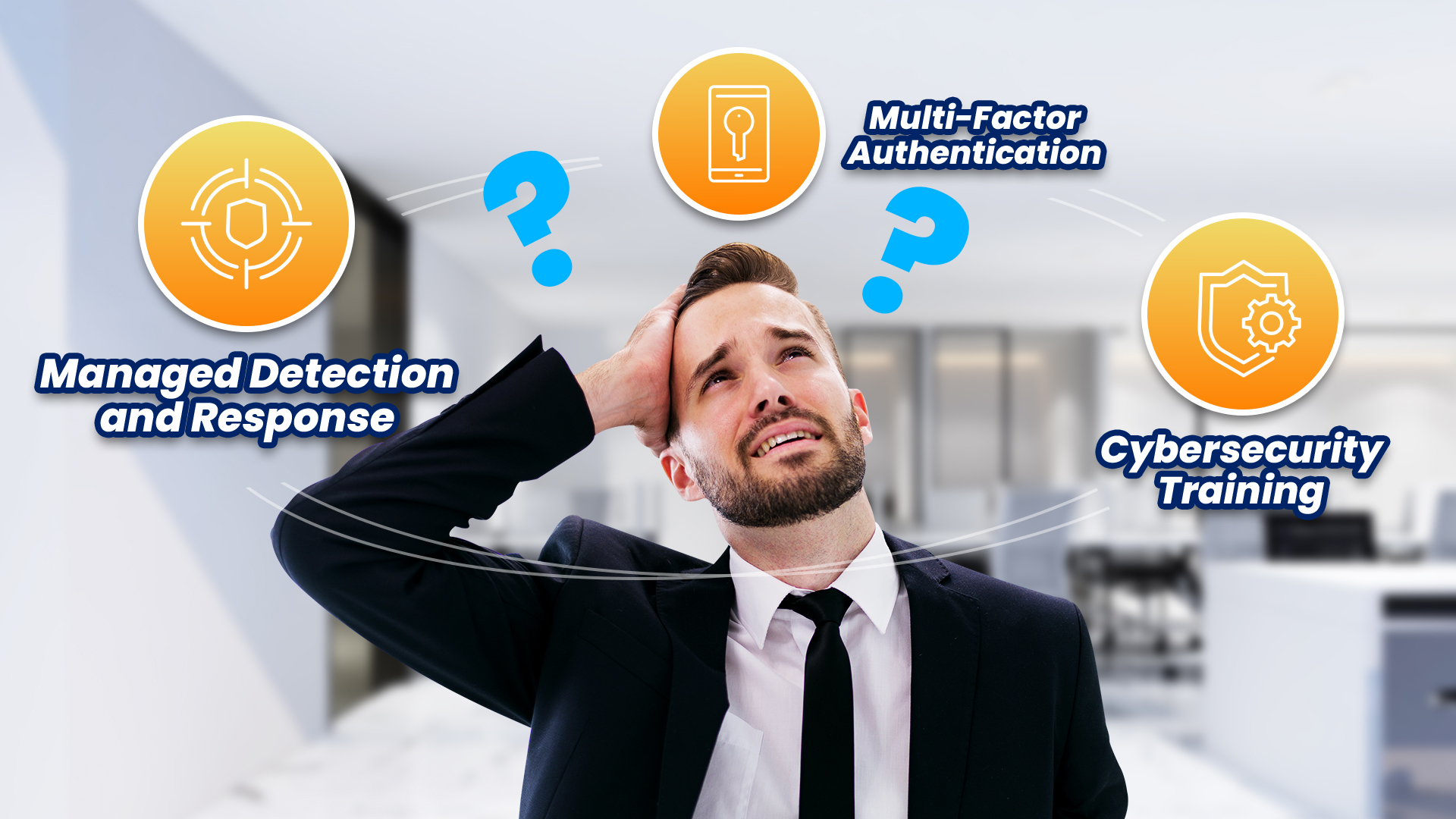Cybersecurity 101: Understanding the Basics to Protect Your Digital Life
Although cybersecurity is a hot topic, do you realize why it is so important? In the digital age we live in today, data is everything. We must accept the increased exposure of private information. Data breakings and identity stealing cases impacting millions of people are common news stories. You may help with the battle that all businesses and organizations have been fighting to defend their data from hackers and thieves. Cybersecurity affects not just companies but also individuals using desktops, laptops, and tablets.
What is Cybersecurity?
Cybersecurity is a way to keep networks and devices safe from harm, attacks, and people who shouldn’t have access. Since data is now the foundation of every organization, cybersecurity is crucial for the armed forces, hospitals, big companies, small businesses, and other groups and individuals in a nation. However, there are lots of dangers when data gets exploited or used in the wrong way. Now that we know what cybersecurity is, let’s examine the CIA triad and how cybersecurity is connected to it.
The CIA Triad
Three elements are the foundation of any organization’s security: availability, integrity, and confidentiality. In this beginner’s guide to cyber security, we will also cover the CIA Triad, which has been the industry standard for computer security since the early days of mainframes.
- Keeping Information Safe: Confidentiality means only people who are allowed can see important information.
- Making Sure Data is Correct: Integrity means only the right people and methods can change important information.
- Making Things Accessible: Availability means systems, functions, and data must be available when needed, following rules about when they should be available.
Typical Attack Types
Before we discuss the many kinds of attacks, let’s first discuss the reasons for them. This cyber security for beginners guide will walk you through each one from A to Z. Every attack has a motivation, and the primary motivation is money. After breaking into the system, hackers demand a certain amount of money from their victims. Other motives include causing the victim financial loss, reaching a state’s military goal, harming the target’s reputation, or engaging in political manipulation.
Five primary categories of attacks exist:
- Denial of service distributed (DDoS)
- The intermediate man
- Cyberattacks by email
- Attacks using passwords
- Attack via malware
Let’s examine each of the attacks in more detail following:
Denial of Service via Distributed
Flooding the traffic used to access resources is an attack designed to prevent a user from using those resources. A botnet controller manages every bot under the control of a botnet. The attacker instructs the botnet controller to launch a bot attack on a server, flooding it with bot traffic. The website’s traffic will be so heavy that a person attempting to visit it will be unable to do so.
The Intermediate Man
To learn more about this, let’s examine an example. Let’s say you wish to perform an online transaction. You log in to your bank account and complete the payment. You now need to enter your PIN and credit card information to finish the purchase. The attacker can observe your transaction and copy you. He will view your data as soon as you enter them.
Attack using Passwords
A password attack is when someone tries to gain unauthorized access to a system or an account by guessing or stealing the password. There are different methods attackers use to carry out password attacks, including:
- Dictionary attack:With this technique, we use the dictionary to handle all potential passwords.
- Brute force:This technique uses trial and error to figure out how to decode the data or password. It takes the longest to execute this attack.
- Keylogger:A keylogger does exactly what its name implies—it logs every keystroke made on a keyboard. Many hackers use keyloggers to get passwords and account info by recording what people type on their keyboards.
- Shoulder surfing:Shoulder surfing is when attackers look over someone’s shoulder to see what they’re typing on their keyboard. This lets them see passwords, personal information, or anything else the person is typing.
- Rainbow table:Rainbow tables are like big lists of passwords that are already turned into codes. Hackers use these lists to quickly figure out passwords they find online or in stolen files.
Cyberattacks by Email
Email attacks are a type of cyber threat in which bad actors use emails to sneak into computer systems, steal important information, or mess up the security of people and groups. Some common types of email attacks are phishing, spear phishing, and email spoofing.
- Phishing attacks typically involve sending fraudulent emails that copy reputable entities, such as banks, government agencies, or trusted organizations.
- Spear phishing emails are tailored to appear honest and are often sent to high-value targets within an organization, such as executives or employees with access to sensitive information.
- Email spoofing is another common method used in email attacks. In this technique, attackers spoof the sender’s email address to make it look like the email came from a trusted source..
Attack via Malware
A malware attack happens when harmful software, called malware, gets into a computer or network. The goal of this malware is to mess up, harm, or get into the data or devices without permission. Malware can take many different forms, including Trojans, worms, viruses, ransomware, and spyware, all of which are designed to carry out specific destructive operations.
Conclusion
To keep your online life safe from cyber threats, it’s important to use strong cybersecurity methods and follow the best rules for staying safe on the internet. One of the most effective ways to enhance your cybersecurity posture is to use strong, unique passwords for all your accounts and regularly update them to minimize the risk of unauthorized access.
Moreover, it’s really important to regularly update your software, operating systems, and antivirus programs. This helps protect your devices from known problems and keeps them safe from hackers and other bad stuff. By prioritizing cybersecurity news awareness and adopting a proactive approach to online security, you can enjoy greater peace of mind knowing that your digital life is safe and secure.
If you want to find out more, check out our E-Book on Cybersecurity Services, which discusses the top characteristics of cybersecurity Services and much more.
Complete the form below to obtain your copy of our E-Book. Simply provide your name and email address, and when you click submit, your file will be delivered immediately to your inbox.










